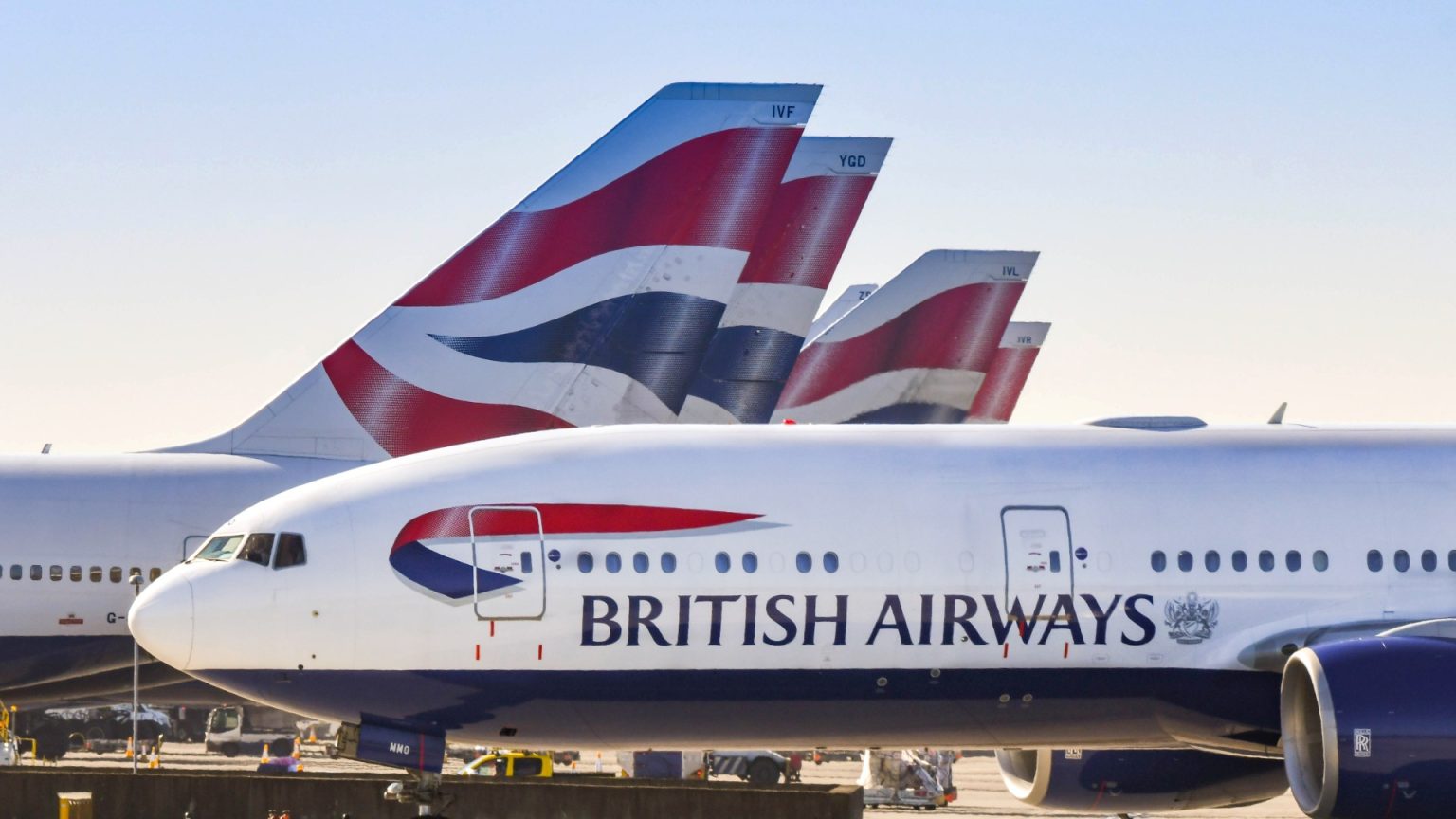British Airways (BA) experienced significant disruptions to its online services, leaving passengers stranded and frustrated. Both the airline’s website and mobile app suffered outages, preventing travelers from checking in for their flights. The issues began in the afternoon and persisted for several hours, with the peak of reported problems occurring around 4:25 pm, according to Downdetector, a service that monitors website and app outages. During this period, nearly 500 users reported problems accessing BA’s digital platforms. Even after the initial surge of issues, more than 300 users continued to experience problems an hour later. This widespread disruption caused significant inconvenience for passengers, many of whom took to social media to express their frustration with the airline.
The primary problem encountered by users was an inability to access the website or app. Those who managed to reach the BA website were greeted with a message acknowledging “high demand” and requesting patience. However, this message offered no solutions or estimations for when services would be restored. The mobile app similarly failed to function, displaying error messages that prevented users from accessing their bookings or checking in for flights. The combination of website and app outages effectively shut down BA’s online check-in process, leaving travelers with limited options to manage their travel arrangements.
Passengers voiced their frustration on social media platforms, characterizing the situation as “disgraceful” and criticizing the airline’s poor digital service. Many users described the experience of trying to check in online as a “lottery,” highlighting the inconsistency and unreliability of BA’s online platforms. Some travelers also questioned the “high demand” explanation provided by the airline, pointing out the lack of progress despite the message being displayed for an extended period. This incident adds to a growing list of complaints about BA’s digital services, with several users labeling the website and app as the “worst in the airline industry.”
The outage had significant implications for travelers. Many were left unsure if they would be able to board their flights due to the inability to check in online. This uncertainty caused added stress and anxiety, particularly for those with tight connections or time-sensitive itineraries. While the exact cause of the outage remains unclear, the disruption underscores the critical role of reliable online services in modern air travel. Airlines increasingly rely on digital platforms to manage bookings, check-ins, and communicate with passengers. When these systems fail, the consequences for travelers can be substantial.
The incident also highlights the vulnerability of online systems to unexpected surges in demand. While BA cited “high demand” as the reason for the disruption, the scale of the outage raises questions about the airline’s preparedness for peak periods. Robust digital infrastructure and contingency plans are essential for airlines to ensure smooth operations and maintain customer satisfaction, particularly during busy travel seasons. This incident serves as a reminder of the importance of investing in resilient technology and providing effective communication to passengers during service disruptions.
Moving forward, British Airways faces the challenge of restoring trust in its digital services. Addressing the underlying technical issues that led to the outage is crucial. Equally important is improving communication with passengers during such incidents. Providing timely updates and alternative check-in options can significantly mitigate the impact of service disruptions and demonstrate a commitment to customer service. This incident underscores the need for continuous improvement in the airline’s digital infrastructure and customer service protocols to prevent similar disruptions in the future.











